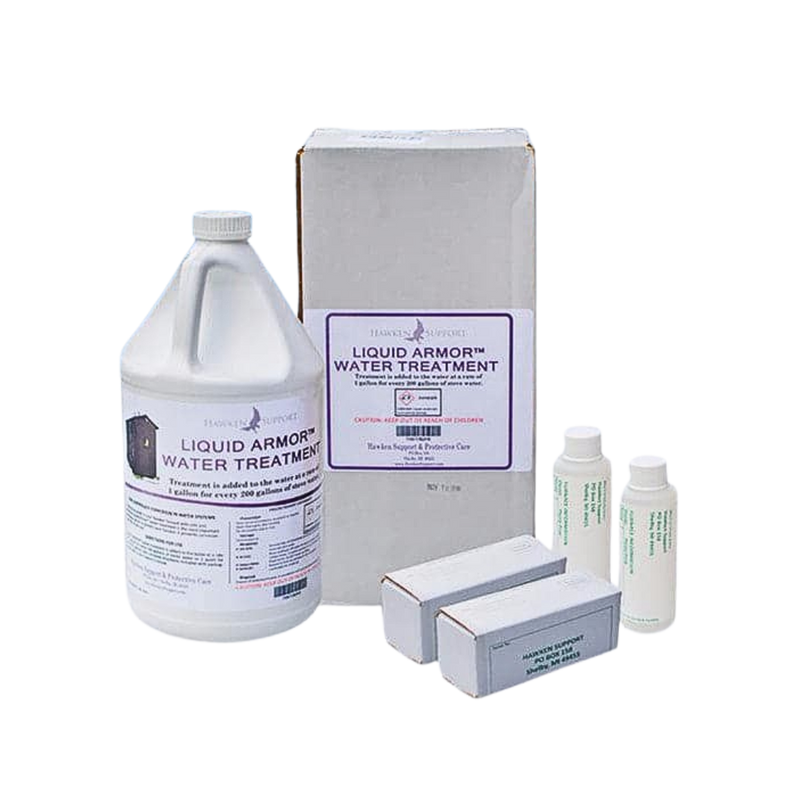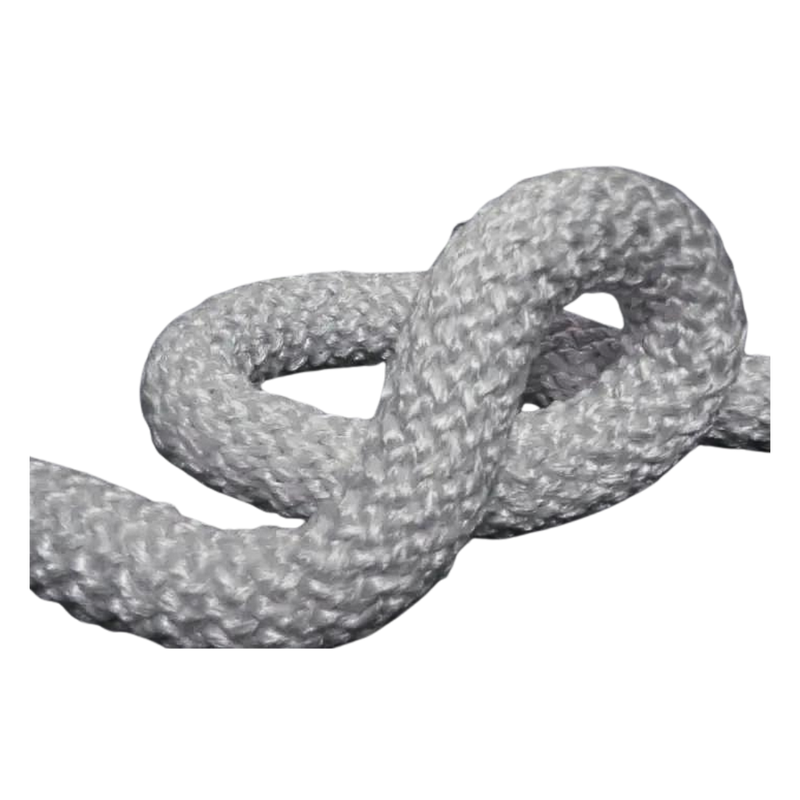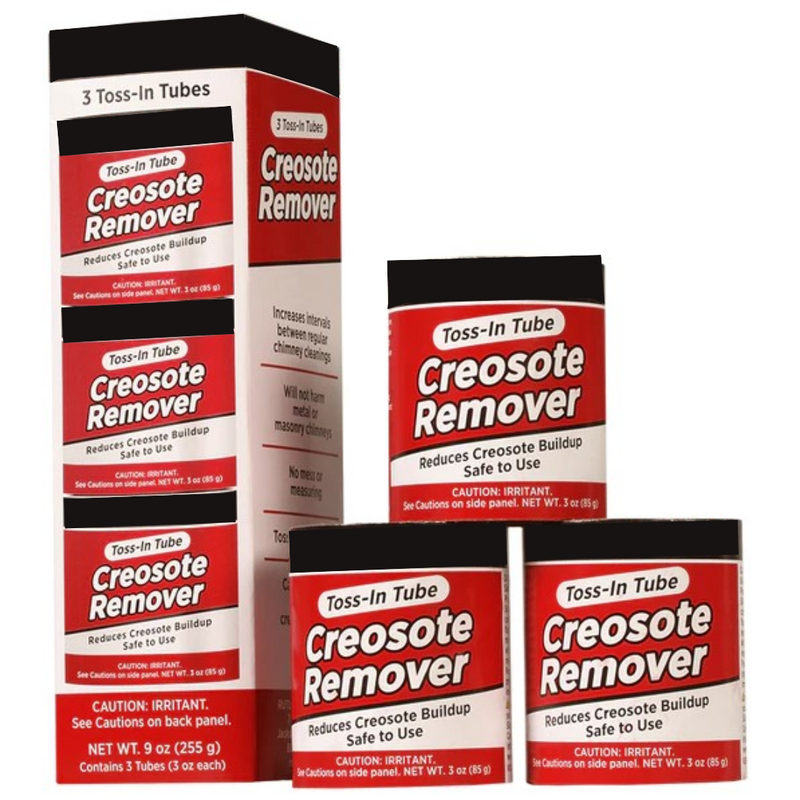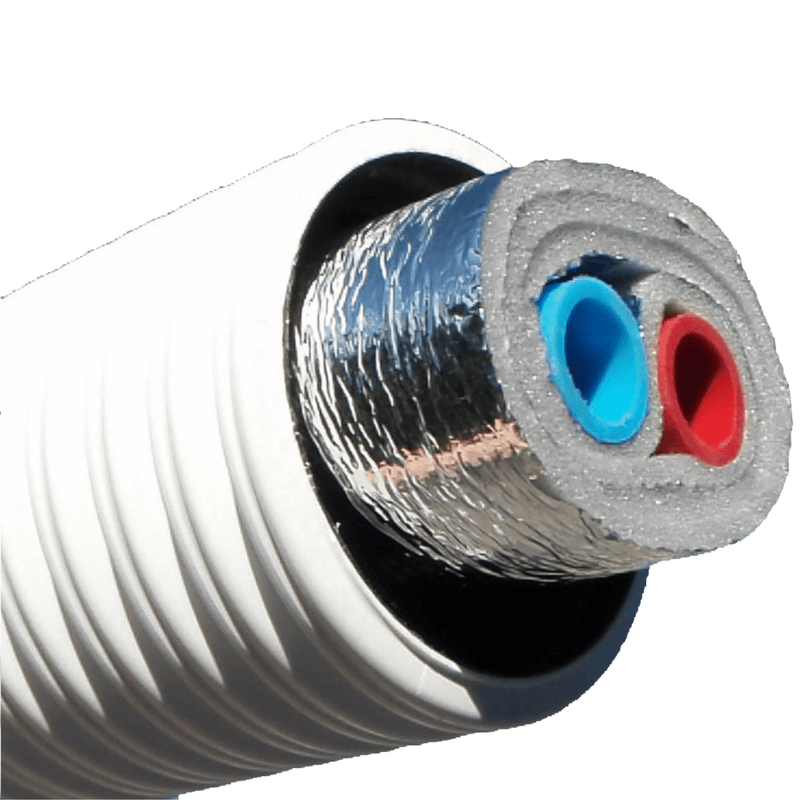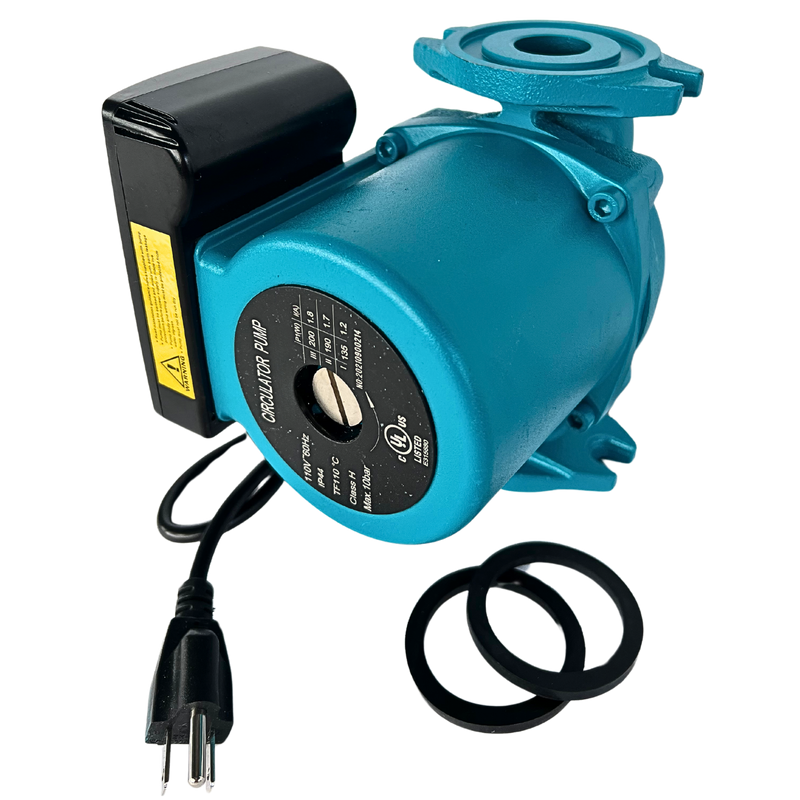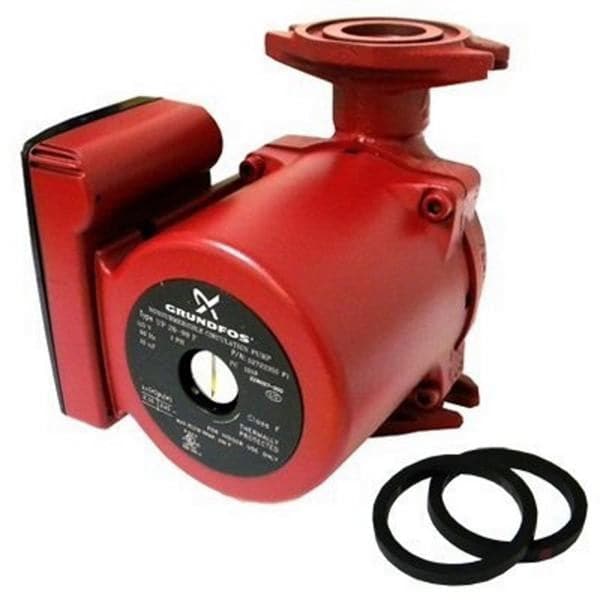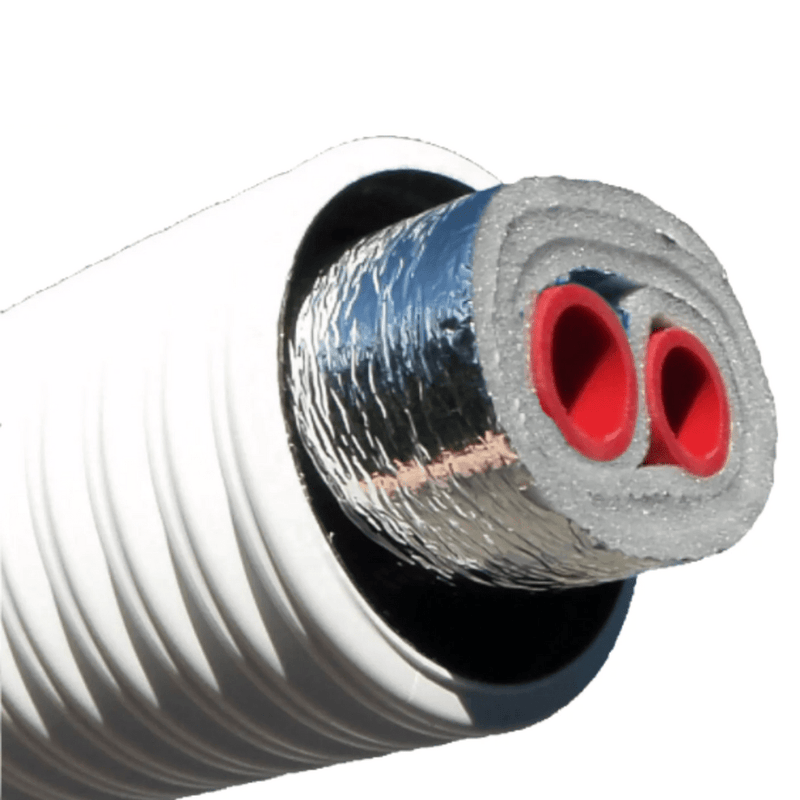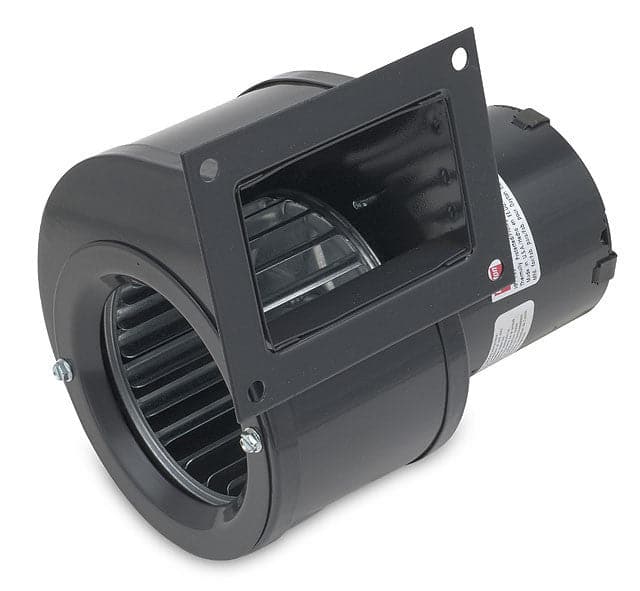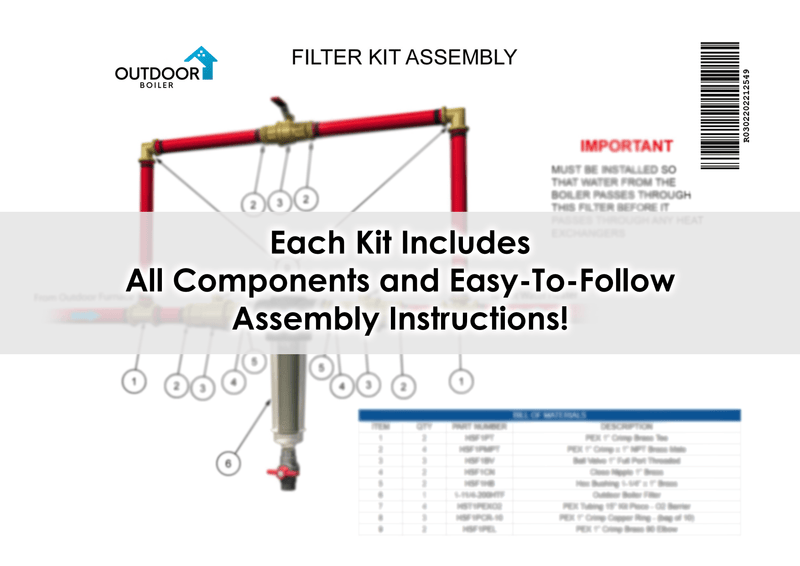Top 3 Outdoor Furnace "Steel Eaters" and How To Stop Them

My Outdoor Wood Boiler is LEAKING! And the Steel is Paper Thin! Why??
This is the worst news. We hate hearing this news. Sometimes it means that the outdoor wood burning boiler's life is over, and it could have been prevented!
(We never want to hear this. Our goal at OutdoorBoiler.com is to help you get the longest life possible out of your outdoor wood furnace. Let us help you EXTEND the life of your outdoor wood stove!)
What is a "Steel Eater"?
There are three things that EAT STEEL. These things will make your boiler steel paper-thin, shorten the life of your heating system, and PREVENT you from being able to save money by burning wood.
1. Moist Ash - Ash is harmless when dry and powdery. But if you allow your ash to get deep in your boiler, it will absorb moisture from the wood, and become an acid paste. This will eat your steel.
Don't be foolish and think that your wood is different. Some say "I only use seasoned wood." That is great, but even the most seasoned hardwood contains 15-20% moisture - that is a lot of water. A thick layer of ash in your boiler will absorb that moisture, become caustic, and slowly eat your steel.
Solution? Keep your ash level to less than 2 inches at all times. Remove a small amount of ash every day. And once or twice a month, remove ALL the ash and scrape out the firebox bottom with a spade.
If you discover ash that appears moist and steamy, your ash level was too deep and you are damaging your steel. KEEP ASH LEVELS LOW!
2. Uninsulated Chimney Extensions - This is the FASTEST way to eat holes in your steel. Again, wood fuel contains moisture and you want that moisture to exit the boiler harmlessly in the form of steam.
However, an uninsulated chimney cools the steam and it will condense on the walls of the chimney - this creates the most caustic acidic creosote! This acidic creosote drips back down into your boiler and eats holes in your boiler very quickly.

Solution? NEVER use an uninsulated chimney extension - if you have one, remove it TODAY! We all have chimney extensions on our boilers and love them - but they must be INSULATED chimney extensions.
Click HERE for more info on insulated chimney extensions. They are nice to increase draft and to get the smoke up and away.
3. Untreated Water - Whenever water and steel touch, the steel begins to rust immediately. Steel companies have a spray they apply to their inventory or else rust forms in one day.
Your water jacket steel begins to rust the moment water touches it UNLESS the water is properly treated with outdoor boiler water treatment.
Solution? It's simple - use Liquid Armor Water Treatment! This boiler

chemical (corrosion inhibitor) that you would apply to your furnace water coats the inside of the furnace to reduce the effects of corrosion on the metal.
Click HERE to order our Liquid Armor Water Treatment and other outdoor wood furnace parts. Every gallon of Liquid Armor comes with FREE 2 sample bottles.
THEN take advantage of the FREE water analysis and testing by sending a water sample to the lab. Click HERE for the address where to send the sample.
Avoid these Top 3 Steel Eaters, and your outdoor wood burner will have the longest life possible - so you can SAVE MONEY on your heating bills for decades!
Visit our online store OutdoorBoiler.com for more outdoor wood boiler parts!
Operating & Maintenance FAQs
- Why do I need a water filter?
The water filter removes particulates from the water. These can build up in the heat exchangers, causing them to work less effectively, & can clog the exchangers.
Water cleanliness is important to reduce erosion within your water system. Debris such as dirt or rust particles should be filtered or flushed from the water system.
- How often do I need to Inspect my Chimney/Flue
Inspect chimney and flue monthly and clean as needed. Clean chimney and flue annually. Perform cleaning and maintenance only when no fire is present in the firebox and ashes are cooled completely.
- Why is ash management important?
If the ash becomes wet it is corrosive to the metal of the furnace. If the level of ash is too thick in the water box it does not allow for efficient heat transfer to the water in the water jacket of the furnace. The temperature of the water in the jacket is used to heat your home.













